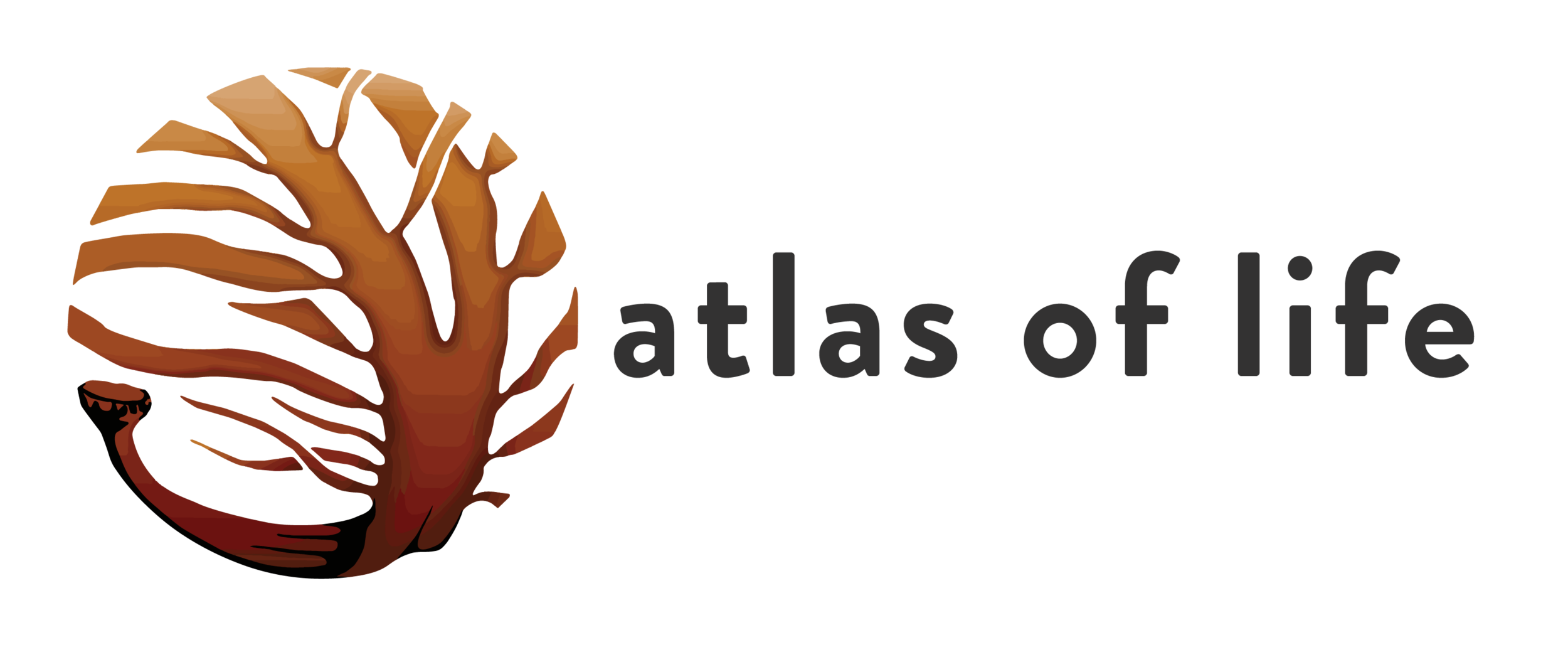Diversity in the barnacle zone
CREATURE FEATURE
by Steve Burrows
When you start looking, it is amazing what you can find. Not long ago, I would just see the ‘barnacles’ when I was walking on the rocks. It wasn’t until I started photographing some of the intertidal species that I realised there were a number of different species of barnacles living in the barnacle zone.
The 'barnacle zone'
The image above was taken at Long Point, Merimbula, on the southern side. In this area six species of barnacles live together.
Within the cunjevoi layer, and on the vertical face of the rock ledges, lives Austromegabalunus nigrescens. But as is the case along the coast, there aren’t many to be found.
Austromegabalunus nigrescens
The area above the cunjevoi layer (with a width of 1-5m, approx) is dominated by Catomerus polymerus and Tesseropora rosea.
There is the occasional Tetraclitella purpurascens on the rock surface, but this species can be found in greater numbers in the crevices.
Tetraclitella purpurascens
As you move further away from the cunjevoi layer (>5-6m) the honeycomb barnacle (Chamaesipho tasmanica) can be found along with the occasional Chthamalus antennatus
Further reading:
For an introduction to the biology of barnacles, including examples of NSW species, visit the website: Life on Australian Seashores, by Keith Davey (University of Newcastle)
If you have a story to tell about life in your part of the Atlas of Life region, please consider sending us a Creature Feature story. Contact Atlas of Life.




